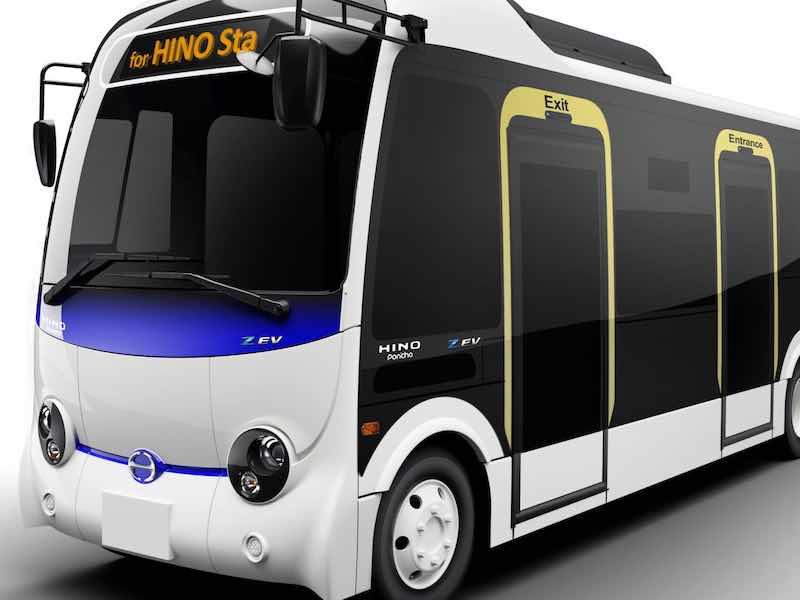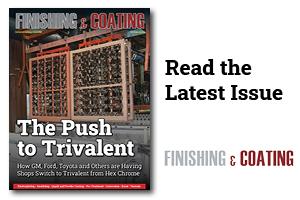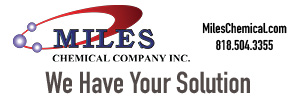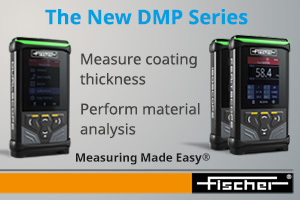A Japanese bus maker has canceled an order from a Chinese electric vehicle manufacturer after learning that hexavalent chromium was used on some parts of the vehicles.
BYD had the plan to supply a small electric bus called the Poncho Z EV to Hino Motors, a division of Toyota, but it was canceled after it was learned that the bus was built using hex chrome, which is banned under Japanese industry guidelines.
Although there are no laws prohibiting the use of hex chrome in Japan, the element is on a list of substances voluntarily banned in 2008 by the Japan Automobile Manufacturers Association.
“EV buses for the Japanese market meet all required laws and standards,” BYD’s Japan unit told the Nikkei news service.
Nikkei Asia says that “BYD’s electric buses have been gaining popularity in Japan, with 80 already in use, according to its Japan unit. The company’s share of the Japanese electric-bus market is 70% or so. Shares in BYD were at one point down 2.5% on Wednesday in the Hong Kong market. The company’s stock price has fallen over 4% in less than a week following Hino’s decision to abandon its plans to release BYD’s compact EV bus”.
BYD Japan said hex chromium was included in an anti-rust treatment for parts such as nuts and bolts in five electric buses. The company is looking into whether it was also used in parts for electric passenger cars that went on sale in Japan at the end of January.
BYD says the presence of hex chrome does not carry health risks while also indicating plans to end its use. Electric buses due out in the Japanese market toward year-end will be manufactured without the substance, BYD said.
“Normal post-manufacturing operation of the vehicles will not affect passengers, drivers, or maintenance staff,” BYD Japan said in a statement. “The vehicles will be detoxified before being scrapped, leaving no impact on the environment.”
The substance has not been used in new cars sold in Japan since JAMA banned its use in 2008. The European Union prohibits its use in passenger cars. Hino is a JAMA member, but BYD is not.
Nikkei Asia reports that “The Japan Automobile Importers Association ensures that cars imported from automakers in Europe, the U.S., and South Korea do not use hexavalent chromium. When it was found in motorcycles produced abroad and sold by a Japanese auto company in 2017, it resulted in a recall of parts.”



































